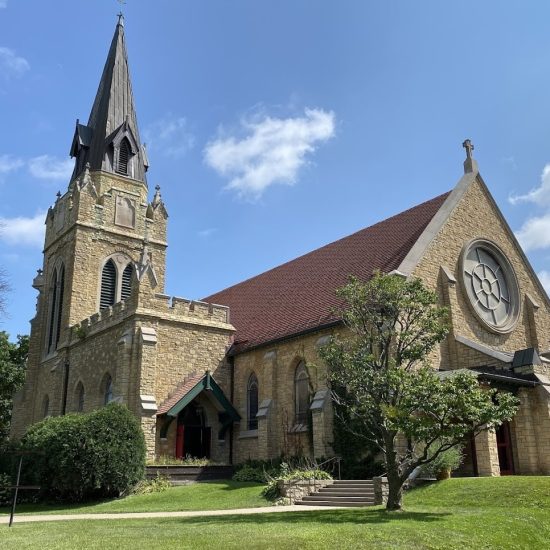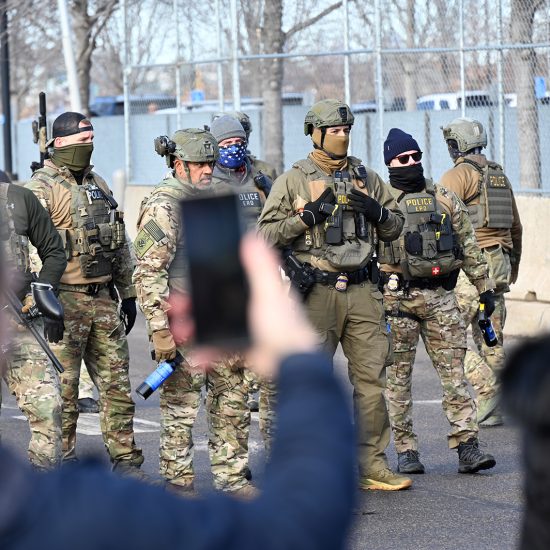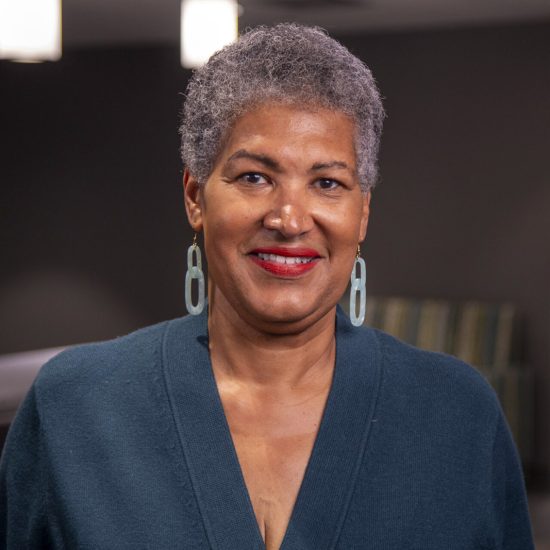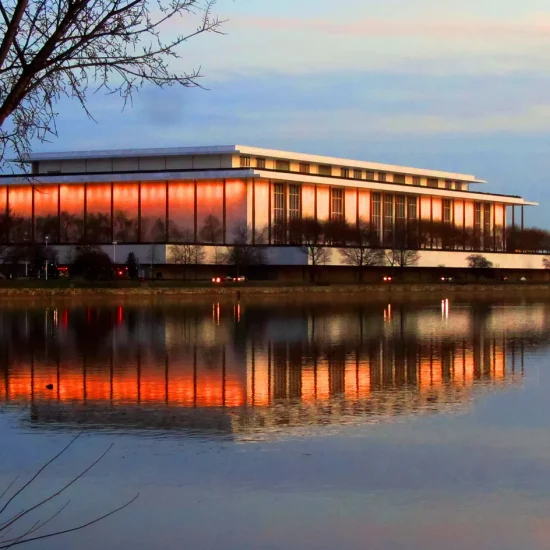By Bill Webb
Word&Way Editor
The Southern Baptist Convention and the Cooperative Baptist Fellowship usually hold their national meetings on back-to-back weeks. Few people from either group seem to take much notice of the other these days. With a few exceptions, speakers tend not to lob volleys of criticism between the camps that self-identify as conservatives (SBC) and moderates (CBF). That’s a relief. Certainly the conflict that resulted in these two different streams of Baptist expression was significant.
 At any given moment in time, each of these national groups of Baptists have their distinct interests and preoccupations. Often, those interests and preoccupations overlap. Both groups are made up of Baptists, after all.
At any given moment in time, each of these national groups of Baptists have their distinct interests and preoccupations. Often, those interests and preoccupations overlap. Both groups are made up of Baptists, after all.
During the SBC annual meeting in Indianapolis June 10-11 and in a dozen or more related meetings, Southern Baptists admonished themselves over and over to look in a mirror to find the cause of decline during the past generation or longer. Pastors conference speakers repeatedly called on ministers to assume personal responsibility for decline in their churches and the denomination.
During the conference’s opening message, convention-president candidate Johnny Hunt acknowledged his own experience of revisiting his personal ministry priorities after a couple of years of what he described as decline in his own church, First Baptist of Woodstock, Ga. Hunt chided denominational leaders who come to annual meetings and give glowing reports of success even as secular media give credible accounts of obvious Southern Baptist decline.
That concern is in tension with another movement within Southern Baptist leadership ranks — the Calvinistic emphasis on church discipline and clearing church membership rolls containing what some call “unregenerate” members. Messengers’ final resolution on the subject suggests the growing influence of Calvinistic thought and practice within Southern Baptist ranks.
Even so, the standards by which the convention continues to measure its own effectiveness are evangelism and the missions enterprise. And Southern Baptists continue to put their resources — people, energy and money — into reaching people with the gospel. Almost every entity report reflected that underlying focus.
At last week’s CBF general assembly in Memphis, one also could witness pre-meeting evangelism and ministry efforts. The organization commissioned 18 people for global missions service. Both SBCers and CBFers can relate to each other when it comes to missions.
This year’s general assembly focused on some other issues that have been important to the organization. CBF tends to focus on these in its small-group information and work sessions interspersed between and plenary worship and business deliberations.
After endorsing the United Nations’ Millennium Development Goals back in October, CBF provided a platform in Memphis to focus upon and flesh out its commitment through a report, workshops and the launch of new ministry initiatives. CBF is looking to find some other groups with which it might partner in contributing to the eight life-changing goals.
These goals are to eradicate extreme poverty and hunger; achieve universal primary education; promote gender equality; reduce child mortality; improve maternal health; decrease HIV/AIDS, malaria and other diseases; ensure environmental sustainability; and create global partnerships for development.
Southern Baptists, a large denomination to be sure, are more at home initiating and coordinating the meeting of human needs within their own structures, which they control, including nationally recognized ministries such as disaster relief.
CBF meetings generally include emphases on peace and justice issues such as civil rights. Southern Baptists tend to be a little wary of such initiatives, often because they choose not to relate to other denominational groups that traditional focus upon such issues.
From time to time, both Baptist groups face financial challenges. That has been true of CBF in recent years. The coffers of an 17-year-old organization are likely leaner than those of a 163-year-old denomination.
These two entities do things differently, and they frequently see things differently. Still, both have much to bring to the table for the cause of Christ. Both are obligated to keep their eyes on Jesus as they minister and thus both must, at the very least, practice mutual civility.
After all, as different as they are, these two streams of Baptists share a common bloodline.






